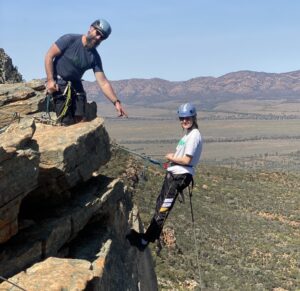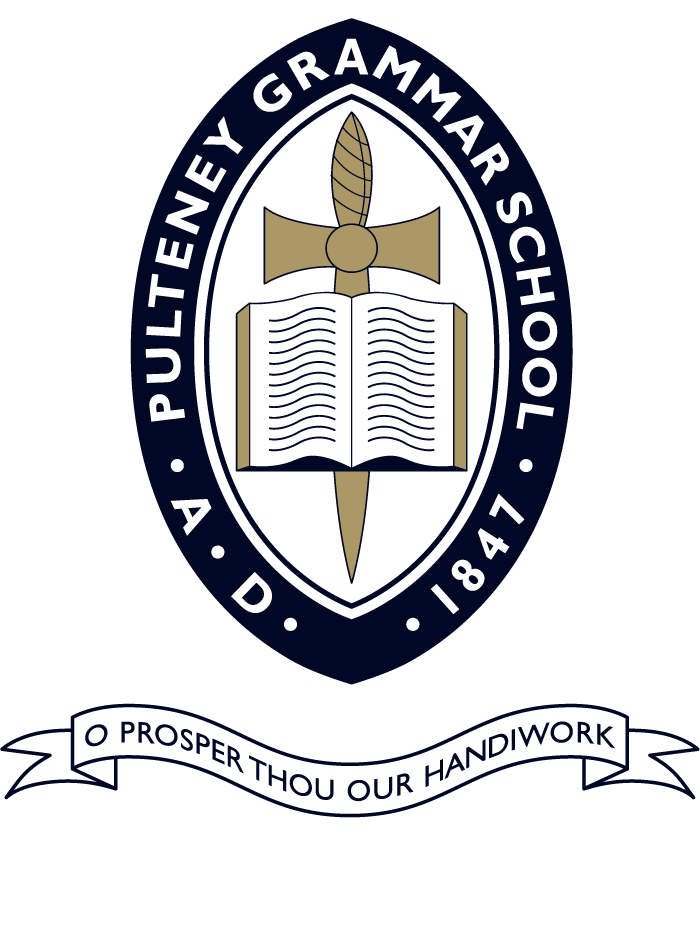Experiential Education
Outdoor Education
Camps
School camps are an important part of the Pulteney curriculum with camps carefully planned for each year level.
From Year 3, students are given the opportunity to experience camp that is not far from home (Woodhouse, Adelaide Hills) and for one night only. This gives children a new sense of independence, a chance to form social bonds and establish an adventurous mindset.
Year 4 students travel a little further from the nest and venture out for two nights to McLaren Vale. Again, this adventure away from home, promotes self-discovery and new friendships. Students are encouraged to try new things, learn about the history of Australia, focusing on First Nations culture, as well as introducing outdoor challenges, team building and practical skills.
As children progress through school, the experiential learning develops to include age-appropriate challenges. For example, during Middle School, students learn to cook using a Trangia and set up tents. Children can choose to participate in activities, like abseiling, kayaking, surfing, and hiking.
Pulteney’s outdoor education is led by one of South Australia’s most skilled and talented adventurers, Jamie Buxton Stewart.
Jamie has worked across Australia and overseas as an adventure guide for all ages. Jamie’s approach to experiential learning is ‘challenge by choice’.
As educators, we equip students with the tools and opportunities, but the ultimate decision to engage lies in their hands. Take, for instance, leading Year 9 students on an abseiling adventure in the rugged terrain of the Flinders Ranges. Some students may arrive with preconceived notions or fears, deciding beforehand that abseiling is not for them. However, our goal is to create an environment where, even with predetermined ideas, students are given the chance to confront their choices.
By readying students for the experience – explaining the safety measures, demonstrating the use of harnesses, and accompanying them to the clifftop – we lay the groundwork for a moment of personal decision. The moment unfolds when a student, perched on the edge, realizes the power of choice. They can either descend the cliff, overcoming their reservations, or choose to observe, respecting their own boundaries.
The primary goal here is not merely to coax every student into abseiling, but rather to instil a sense of safety and self-efficacy. Through preparation and exposure, we aim to nurture the students’ confidence to take the next step, be it a literal descent down the cliff or a metaphorical leap into unfamiliar terrain. In this process, students learn not only about the activity at hand but also about their own capabilities and the significance of personal agency.

Camps:
- Year 3 Woodhouse (Adelaide Hills)
- Year 4 Douglas Scrub (McLaren Value)
- Year 5 Victor Harbor
- Year 6 Canberra
- Year 7 Robe
- Year 8 The Grampians
- Year 9 Flinders Ranges
- Year 10 Mt Arapilis, Flinders Ranges, Coorong or South East
- Year 11 Opportunities through Outdoor Education
- Year 12 Retreat program
Must we always teach our children with books? Let them look at the mountains and the stars up above. Let them look at the beauty of the waters and the trees and flowers on earth. They will then begin to think, and to think is the beginning of a real education.
